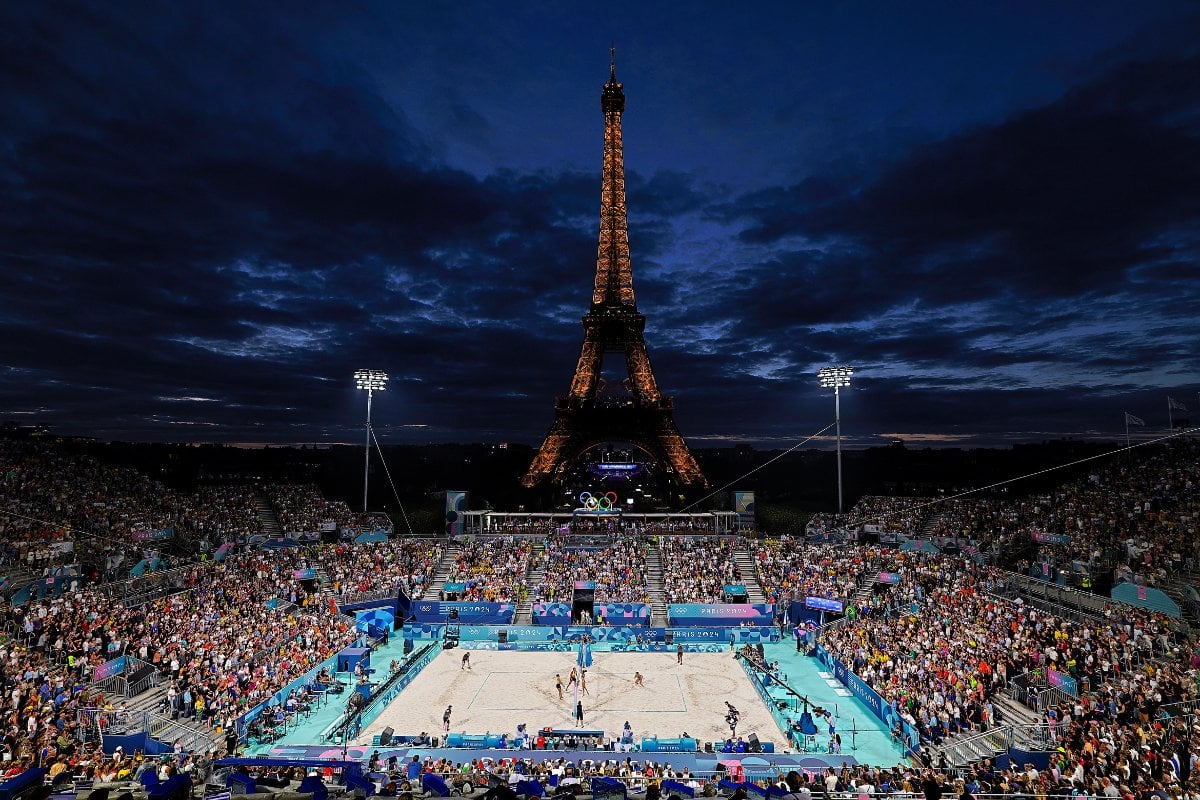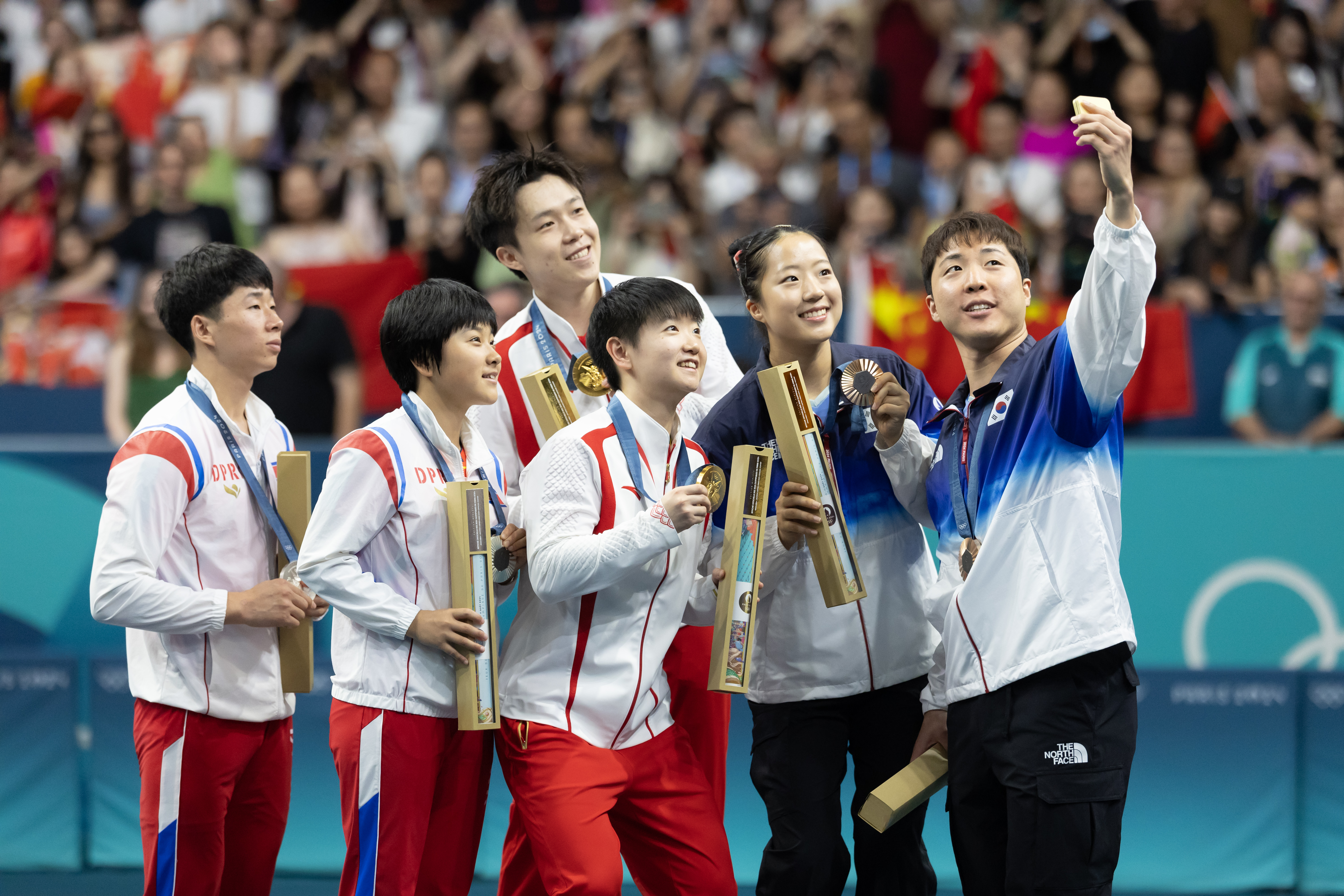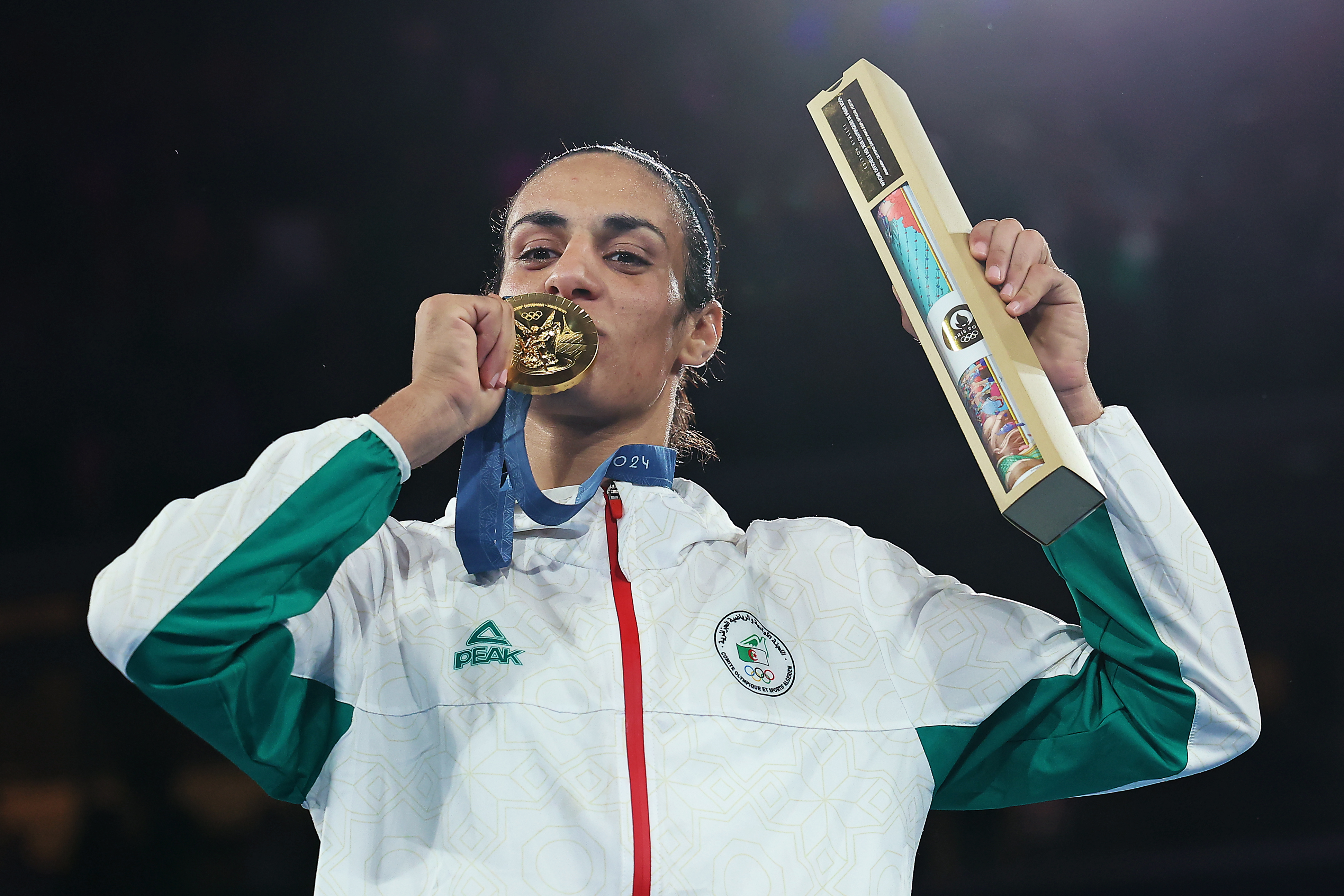
As the world anticipated the Paris 2024 opening ceremony, a friend turned to me and declared, "The Olympics are a dying art." His words lingered like a solemn prophecy. "It's becoming too expensive for cities to host." "The younger generations aren't seeing the relevance." We felt like two middle-aged dinosaurs, reminiscing about watching the Games as kids, now grappling with the idea that this much-loved global spectacle was slipping away like sand through an hourglass.
I'll be honest; my rational mind understood. With so many global problems — climate crisis, biodiversity loss, war, injustice—how can countries justify spending millions upon millions on sports? It's a compelling argument that deserves attention.
Yet, since watching the Olympics in Paris, my rational mind has taken a step back, and my heart has a few thoughts on why the Olympics are more relevant now than ever before.
Firstly, sport is a unifying force.
Over 200 nations competed in Paris, with viewers from every corner of the globe. Sports bring together people and nations that might otherwise never connect. When we engage with 'the other' — someone who doesn't look or sound like us, even if it’s through a TV screen — something subtle yet profound happens. Our biases, cultural barriers, and even political conflicts begin to dissolve. North and South Korean table tennis players demonstrated this unity when they stood together for a selfie. For a few weeks, the world comes together.
 Image: Getty.
Image: Getty.
Secondly, the Olympics spotlight the bigger, deeper, often darker conversations we must have as a global society.
Algerian boxer Imane Kheif was brought to tears by the barrage of humiliation thrown her way. Despite the transphobic and misogynistic remarks that flooded the mainstream narrative, she held her head high and called for an end to the bullying.
Her heartbreaking story shows how patriarchy still binds and boxes women, upholding notions of 'what it means to be a woman'. This patriarchal force — which affects all of us — is an undercurrent of unrest within ourselves and the world. If we don't acknowledge its impact, we'll remain bound by it. Imane's story is an obvious example, but if you look closely, its ripple effects are throughout the Olympics. Sometimes it's latent, in every athlete who feels they've failed without a medal, or blatant, in every coach who insists on winning at all costs.
 Image: Getty.
Image: Getty.
Who do we want our children to model? The Canadian football coach entangled in the drone spy scandal, or the Algerian boxer who sent a message to the world about upholding the Olympic principles of excellence, respect, and friendship?
If your answer is the Algerian boxer, and if you also want excellence, respect, and friendship for the world, then we have to examine when, why, and how apathy, disrespect, and hostility appear in our own lives. The Olympics provide a platform for these conversations, forcing us to confront uncomfortable truths within ourselves and the world.


Top Comments